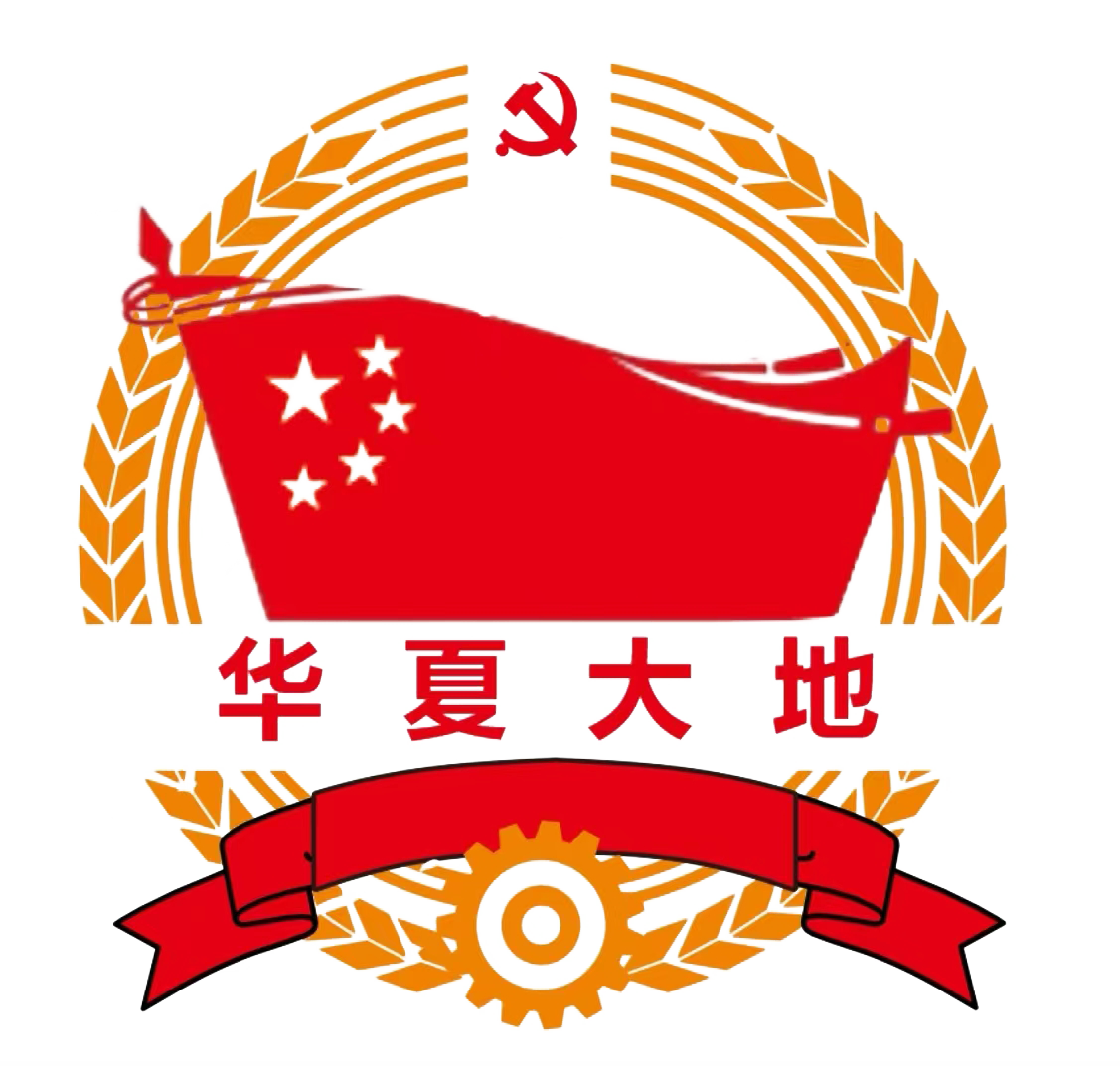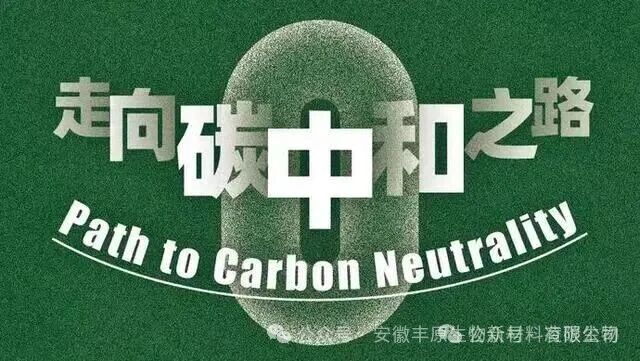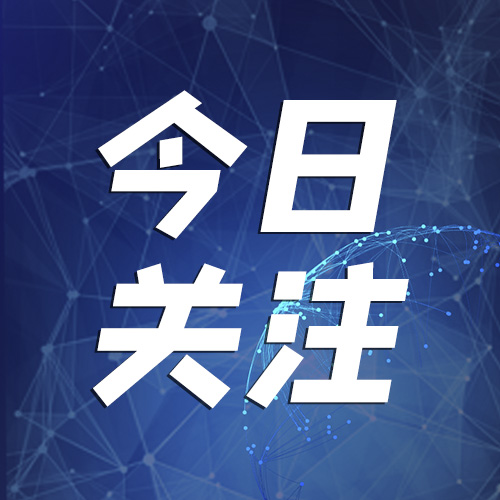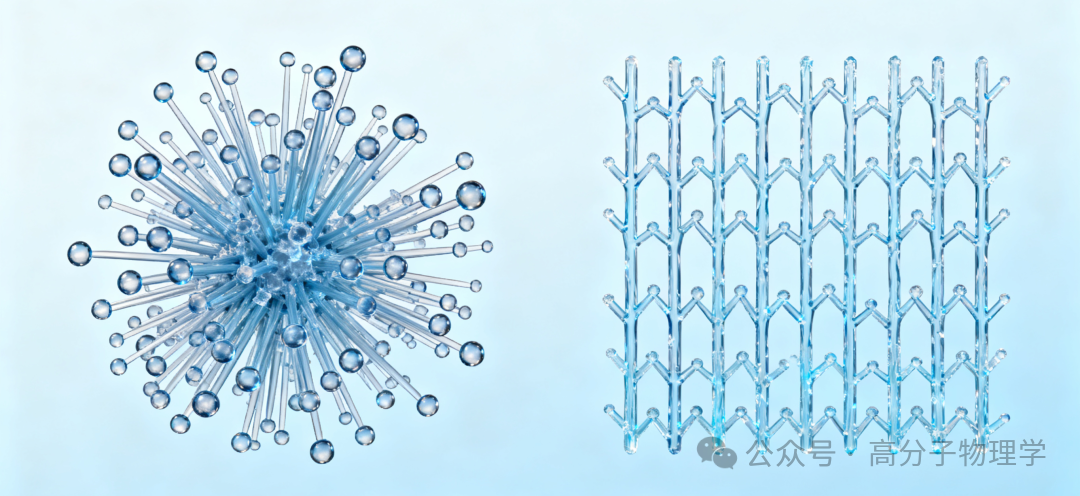It is learned that on July 1st, the Department of Industry and Information Technology of Jiangxi Province and four other departments jointly issued the "Implementation Plan for Promoting the High-Quality Development of Fine Chemical Industry throughout the Province" (hereinafter referred to as the "Plan").
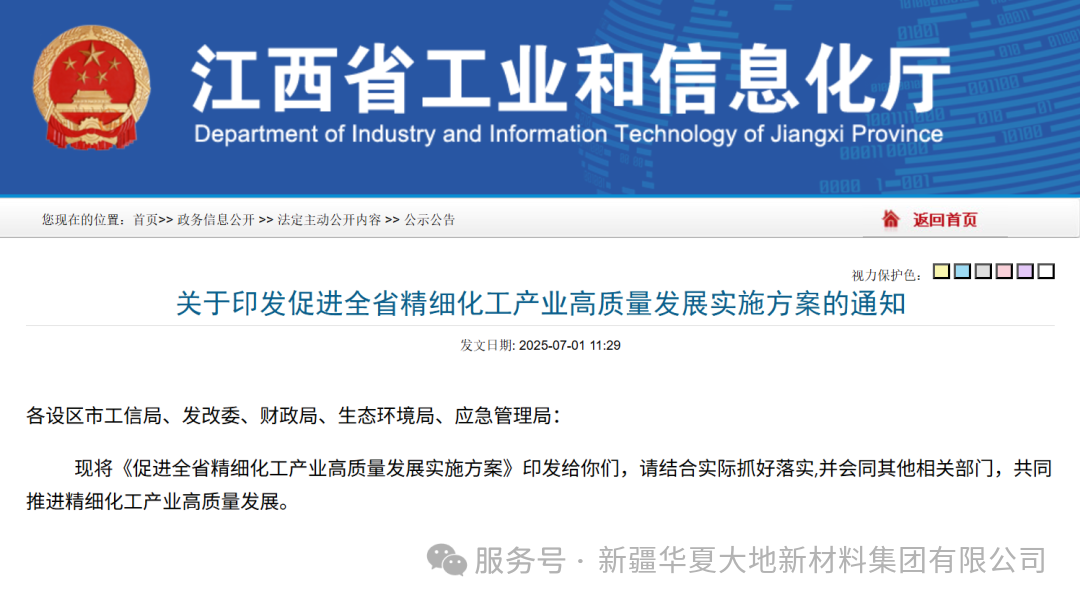
01
Why issue the notice?
To implement the "Innovation and Development Plan for the Fine Chemical Industry (2024-2027)" (Ministry of Industry and Information Technology and the National Development and Reform Commission Document No. 136 [2024], hereinafter referred to as the "Implementation Plan"), focus on the 1269 action plan for the modernization of the provincial petrochemical and chemical industry chain, and guide the high-end, green, and intelligent development of the fine chemical industry, this implementation plan is specially formulated in light of the actual situation of the provincial petrochemical and chemical industry.
02
What are the main contents of the policy?
The main contents of the policy focus on seven aspects:
Promote the agglomeration and development of industries by supporting the capacity enhancement and upgrading of industrial clusters such as Jiujiang, promoting the high-quality development of chemical industrial parks, and strictly assessing projects for entry into parks.
Promote coordinated industrial development by clearly defining the differentiated development priorities of various regions (such as salt, brine, pharmaceutical and chemical industries in Ji'an and fluorine salt new materials in Ganzhou), standardizing the development of enterprises outside the parks, and facilitating integration with downstream industries such as electronic information and new energy.
Enhance the capacity of effective supply by strengthening, supplementing and extending the industrial chain (especially highlighting the development of lactic acid, 1,3-propanediol, bio-based polymers and non-grain biomass utilization systems in bio-chemical engineering) and accelerating the research and development of key products (such as high-end polyolefins, fluorine-silicon materials, bio-based materials, etc.).
Strengthen scientific and technological innovation by supporting the construction of innovation platforms, intensifying technological breakthroughs (including the production technology of green degradable materials), and promoting safe, green and intelligent transformation.
Strengthen digital and intelligent empowerment by creating benchmarks for digital transformation (offering high rewards), promoting intelligent equipment technology, and advancing the intelligentization of sub-industries.
Promote green and low-carbon transformation by advancing the "dual carbon" goals, energy conservation and emission reduction, and promoting green and safe technologies (such as continuous processes, microchannel technology, biocatalysis, and recycling of waste plastics/oils).
And the "Strengthening Enterprises and Cultivating Talents" initiative will be implemented by enhancing the competitiveness of leading enterprises, fostering specialized, refined, distinctive and innovative small and medium-sized enterprises, and accelerating the construction of a talent team.
03
What are the overall impacts and benefits on industrial development?
Accelerate the optimization and upgrading of the fine chemical industry structure in Jiangxi Province, and form more competitive characteristic industrial clusters (such as organosilicon, fluorine salt, and bio-based).
Significantly enhance the supply capacity and technological level in key areas such as high-end materials (including bio-based polymers), electronic chemicals, and green processes to ensure the safety of the industrial chain.
By leveraging digital and intelligent empowerment and green and low-carbon transformation, we will drive the entire industry to reach new heights in production efficiency, safety standards, and sustainability.
It is conducive to providing systematic support for the bio-based materials industry, clarifying its strategic position in the modern industrial system, accelerating technological breakthroughs, large-scale applications and market expansion, and providing core support for building a green, low-carbon and circular economy.
04
What is the impact on the development of enterprises?
Clear policy guidance and focused directions have reduced investment risks.
Entering a park for development can lead to more complete supporting facilities and cluster effects.
Digital transformation, the construction of innovation platforms, technological transformation, and the recognition of specialized, refined, distinctive and innovative enterprises can all receive direct financial rewards or subsidies.
Promoting green and safe technologies and circular economy models can help reduce compliance costs, energy and material consumption, and safety risks, and enhance long-term competitiveness.
Being incorporated into the industrial chain's collaborative system (such as being driven by the leading enterprise in the chain) can expand the market space.
05
What should enterprises do?
Actively assess the development opportunities in the park (in compliance with safety and environmental protection requirements), and proactively align with the policy-supported niche areas (especially bio-based chemicals, polymers, and non-grain raw material utilization) to adjust or strengthen business layout.
Increase investment in scientific and technological innovation, form innovation consortia in collaboration with universities and research institutions, and strive to participate in "challenge-based" projects to overcome key technologies (such as green production processes and high-end bio-based materials).
Vigorously promote digital transformation and intelligent upgrading to secure policy rewards (such as up to 5 million yuan for "Digital and Intelligent Factories" and up to 10 million yuan for "Industrial Brains").
It is essential to carry out safety and green transformation, actively adopt the recommended continuous, closed, micro-channel and other intrinsically safe processes as well as green technologies such as biocatalysis, and explore new models of resource recycling.
Pay attention to enterprise cultivation policies such as "Specialized, Refined, Unique and Innovative", and strive for recognition and support.
